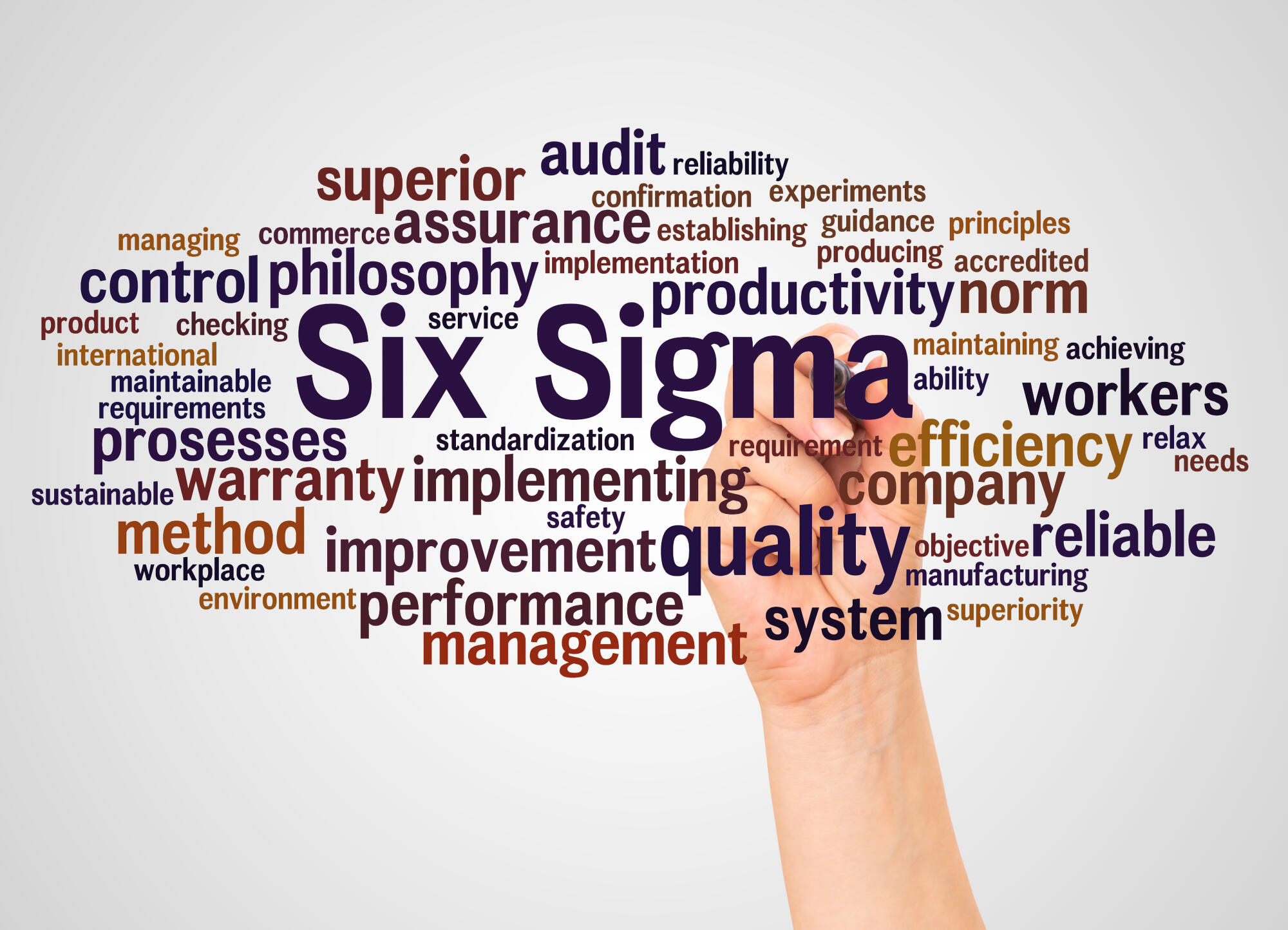
9 Ways Hybrid Project Management Boosts Efficiency
In today’s fast-paced world, projects must be both flexible and efficient. Hybrid project management combines the best traditional and agile methods.
This approach adapts to any project’s needs. This ensures teams meet deadlines and stay organized. Hybrid project management balances structure with creativity. It also helps in quick problem-solving.
By blending various techniques, it boosts productivity and reduces stress. This method is ideal for modern businesses. Discover nine ways hybrid project management can take your projects to the next level.
Stay ahead of the curve and embrace this innovative approach today.
1. Streamlined Communication
Clear communication is key in hybrid project management. It helps team members understand their roles and responsibilities. This clarity leads to fewer misunderstandings and mistakes.
Using a mix of tools can improve communication. Video calls, chat apps, and project management software keep everyone connected. These tools also help in keeping all project details in one place.
Daily check-ins help ensure everyone is on the same page. Team members can discuss progress and any issues they face. This fosters a sense of teamwork and trust.
Streamlined communication also boosts employee morale. This leads to higher productivity and better project outcomes.
2. Advanced Project Management Tools
Advanced project management tools play a vital role in hybrid approaches. These tools offer features that keep projects on track. They help in planning, scheduling, and tracking progress.
One popular tool is Trello. It uses visual boards that are easy to understand. Teams can quickly see what tasks need attention and who is responsible.
Another useful tool is Asana. This allows for detailed task management and collaboration. Members can set deadlines, leave comments, and attach files.
For more complex projects, Microsoft Project is ideal. It supports Gantt charts and resource management. This will keep everyone informed and the project moving forward.
3. Improved Risk Management
Hybrid project management improves risk management. It combines traditional and agile methods to identify risks early. This helps in creating effective strategies to manage them.
Teams can use risk assessment tools. These tools analyze potential problems. They also provide solutions to minimize the impact.
Regular meetings help in tracking risks. Teams can discuss any changes and adjust plans. This keeps the project on track.
Effective risk management reduces delays. This ensures projects are completed on time. This leads to better outcomes and satisfied stakeholders.
4. Productive Meetings
Productive meetings are essential for hybrid project management. They help teams stay focused and on track. Clear agendas ensure everyone knows what to expect.
Start meetings on time and stick to the schedule. Encourage participation from all team members. This leads to more creative solutions.
End meetings with a summary and next steps. Make sure everyone knows their tasks and deadlines. This ensures that the team moves forward effectively.
Regular, short meetings are better than long, infrequent ones. They keep the project moving and improve communication. This helps maintain momentum and boosts efficiency.
5. Efficient Resource Allocation
Efficient resource allocation is crucial in hybrid project management. This ensures that team members are working on the right tasks. This avoids wasting time and effort.
Using advanced tools can help with this. The software can track who is doing what. This ensures that no one is overloaded or underused.
Regular reviews keep resource allocation on track. Teams can adjust as needed. This keeps the project moving smoothly.
Proper planning also plays a role. Managers can forecast resource needs. This helps in preparing for future tasks and challenges.
6. Adaptable Workflow Optimization
Hybrid project management promotes adaptable workflows, allowing teams to adjust their processes based on changing circumstances. This flexibility helps meet project goals.
Teams can use this approach to find the best workflows. They can test different methods and choose what works best. This leads to better efficiency and outcomes.
Hybrid project management supports this adaptability. It blends different practices for best results. This ensures continuous improvement and project success.
7. Continuous Improvement
Continuous improvement is a core element of hybrid project management. It refers to making small, ongoing changes to enhance processes. This leads to better project outcomes over time.
Teams should regularly review their work. They need to identify what is working well and what needs improvement. This will help in making the necessary adjustments.
One method to achieve continuous improvement is Lean Six Sigma certification. It focuses on cutting waste and improving quality. Lean Six Sigma certification can equip project managers with the tools and techniques needed to optimize workflows, reduce variability, and improve overall project performance.
Feedback is crucial for improvement. Encourage team members to share their thoughts. This creates a culture of growth and innovation.
8. Improved Time Management
Time management is a critical factor in successful project completion. Hybrid project management helps teams stay organized and focused on deadlines.
Using advanced tools, managers can set realistic schedules. They can also track progress and make adjustments as needed.
Regular check-ins allow for early identification of any issues that may affect timelines. This gives teams time to find solutions and avoid delays.
Breaking large tasks into smaller ones also helps with time management. This makes it easier to track progress and maintain momentum.
9. Improved Customer Satisfaction
Hybrid project management improves customer satisfaction. By using both traditional and agile methods, it ensures quality results. Customers get what they need on time.
Faster delivery is a major benefit. Teams can adapt quickly to changes. This flexibility meets customer expectations better.
Clear communication with customers enhances satisfaction. Transparency in the process builds trust. Customers appreciate knowing the project’s progress.
Effective risk management reduces surprises. Problems are solved quickly, keeping the customer happy. This leads to long-term relationships and repeat business.
Embrace the Future with Hybrid Project Management
Hybrid project management offers a comprehensive solution to the challenges of modern project execution. By integrating traditional and agile methodologies, it ensures flexibility, efficiency, and high-quality outcomes. This approach not only improves team collaboration and resource allocation but also enhances customer satisfaction.
Adopt hybrid project management to stay ahead of the curve, ensuring your projects are managed effectively and delivered successfully in today’s ever-changing business landscape.
Explore our blog for in-depth insights and innovative strategies to enhance your project’s success. Ready to elevate your skills? Read more now!








